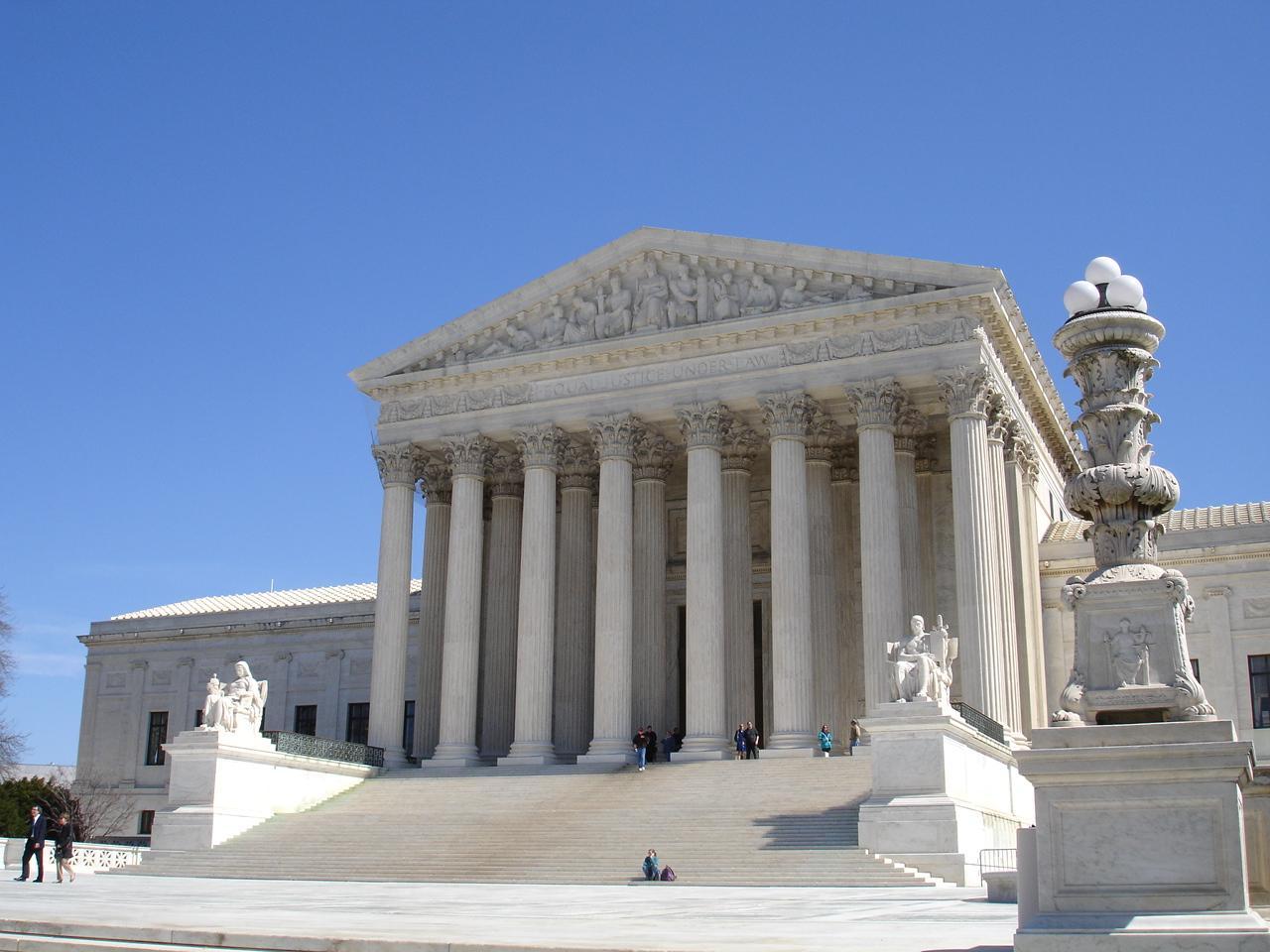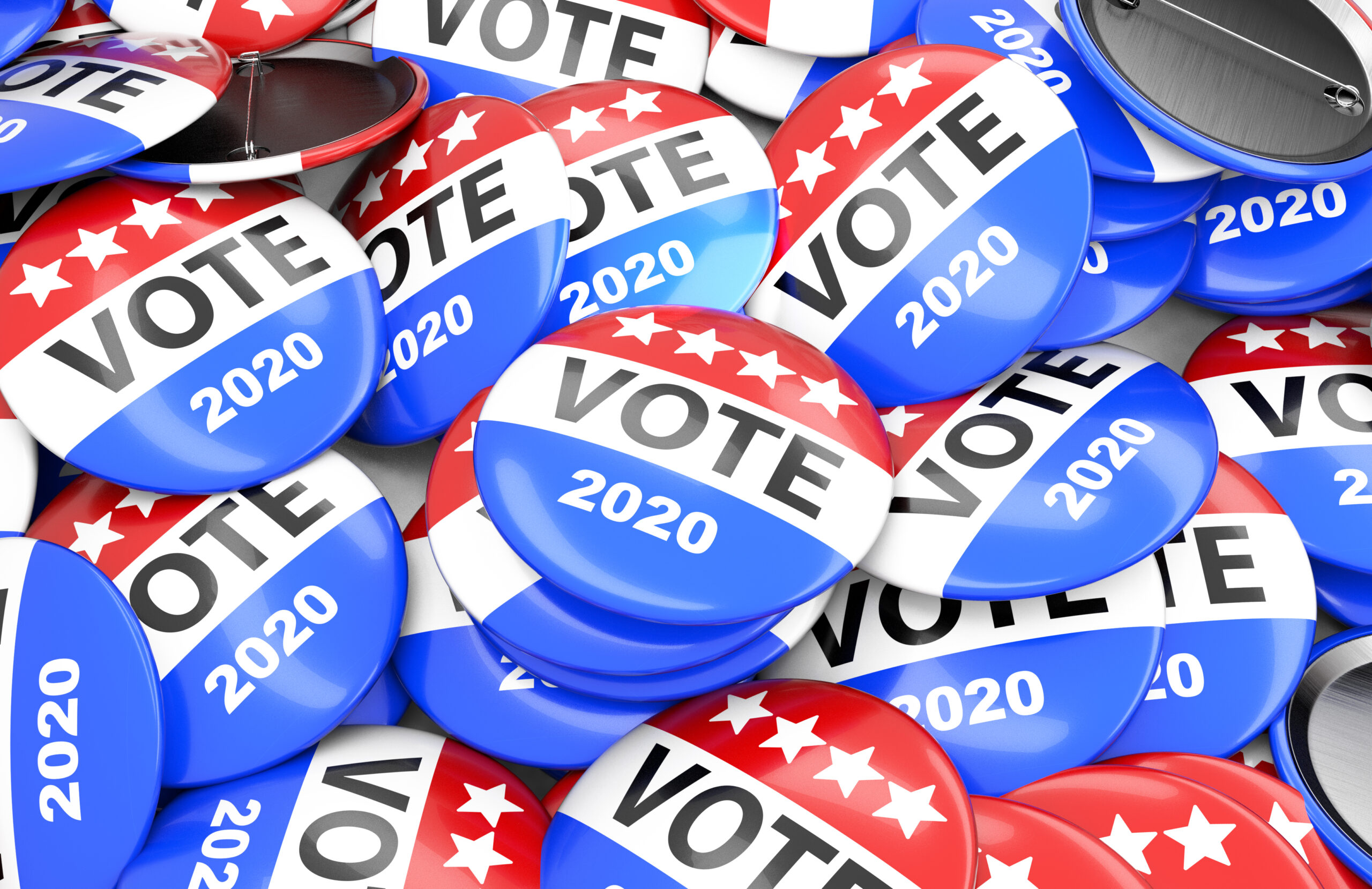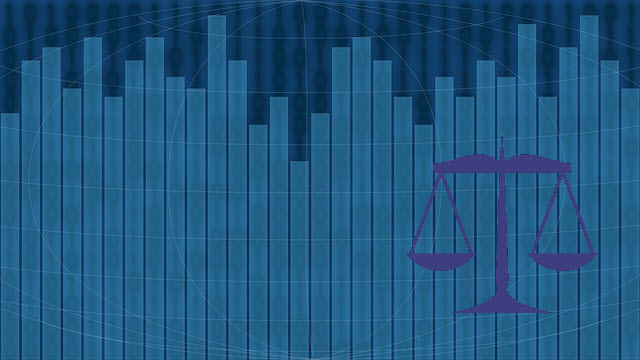
Supreme Workhorses: The Justices’ Relative Workloads Over The Past 5 Terms
Which justices write most frequently, and which write the longest opinions?

Which justices write most frequently, and which write the longest opinions?

A closer look at elite attorneys’ current success at the Supreme Court cert level, from the beginning of 2018 until the present.

And how to navigate them in 2026.

Which lawyers have the greatest chance to appear before the justices?

The relationship between ideological distance and decision-making.

Additional context to help understand the justices’ engagement in oral argument, and how they may vote on the merits.

So far the Court has granted 26 cases on cert for the upcoming term. Here, we look at these cert petitions based on different measures of writing quality.

Its new features transform how you can track and analyze the more than 200,000 bills, regulations, and other measures set to be introduced this year.

With the Supreme Court highlighting the helpfulness of using state court certification procedures, the number of certified state law issues is only likely to increase.

What the numbers say about cases where a justice authored an opinion related to an order.

Briefs are the most important component of presenting a Supreme Court case. How are the justices using them?

A look at 200 cases from the past year where qualified immunity was identified as a defense.

Protégé™ General AI is fundamentally changing how legal professionals use AI in their everyday practice.

This term alone, groups filed almost 940 amicus briefs on the merits in the 58 argued cases.

How long will a case take to reach resolution?

The NCAA antitrust case is likely to have major implications for intercollegiate athletics. Here's a look at the cases cited by the attorney-advocates and justices.

The data on major players and hotbeds for pre-election voting-related cases.

It’s safe to assume that if judges request corpus-based arguments, they have already concluded that corpus linguistics is a helpful tool — at least in theory.